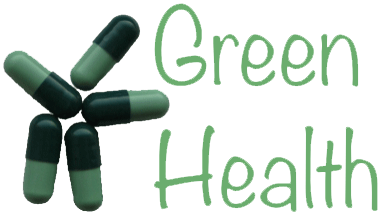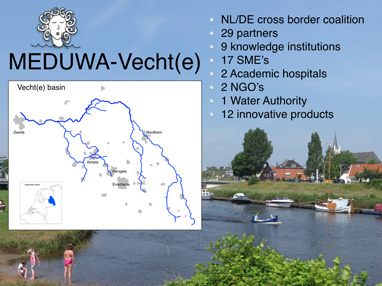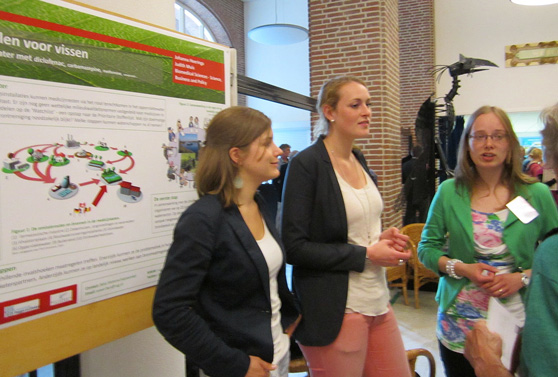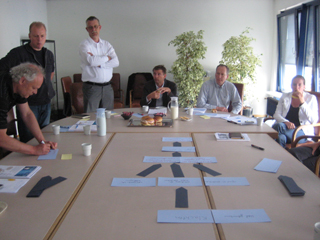
Main conclusion: after detection of the complexibility of the issue, the different sectors involved will discover that each sector is not in the position to solve the problem by itself.
Recommendations: as a fragmented approach is a major bottleneck to solve social dilemmas such as micro-pollution, a shared vision and more integration of policies is needed.


